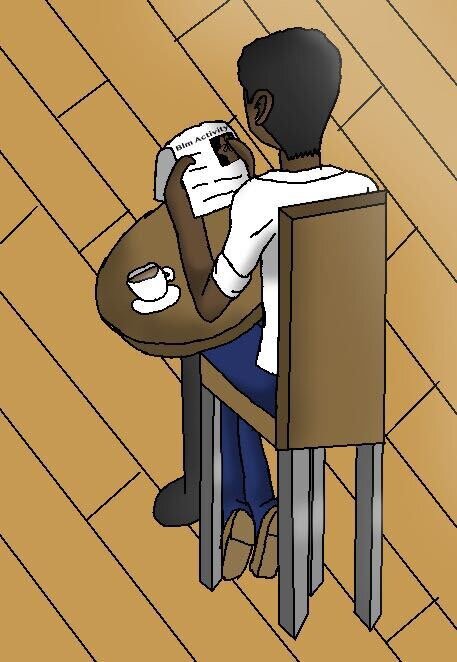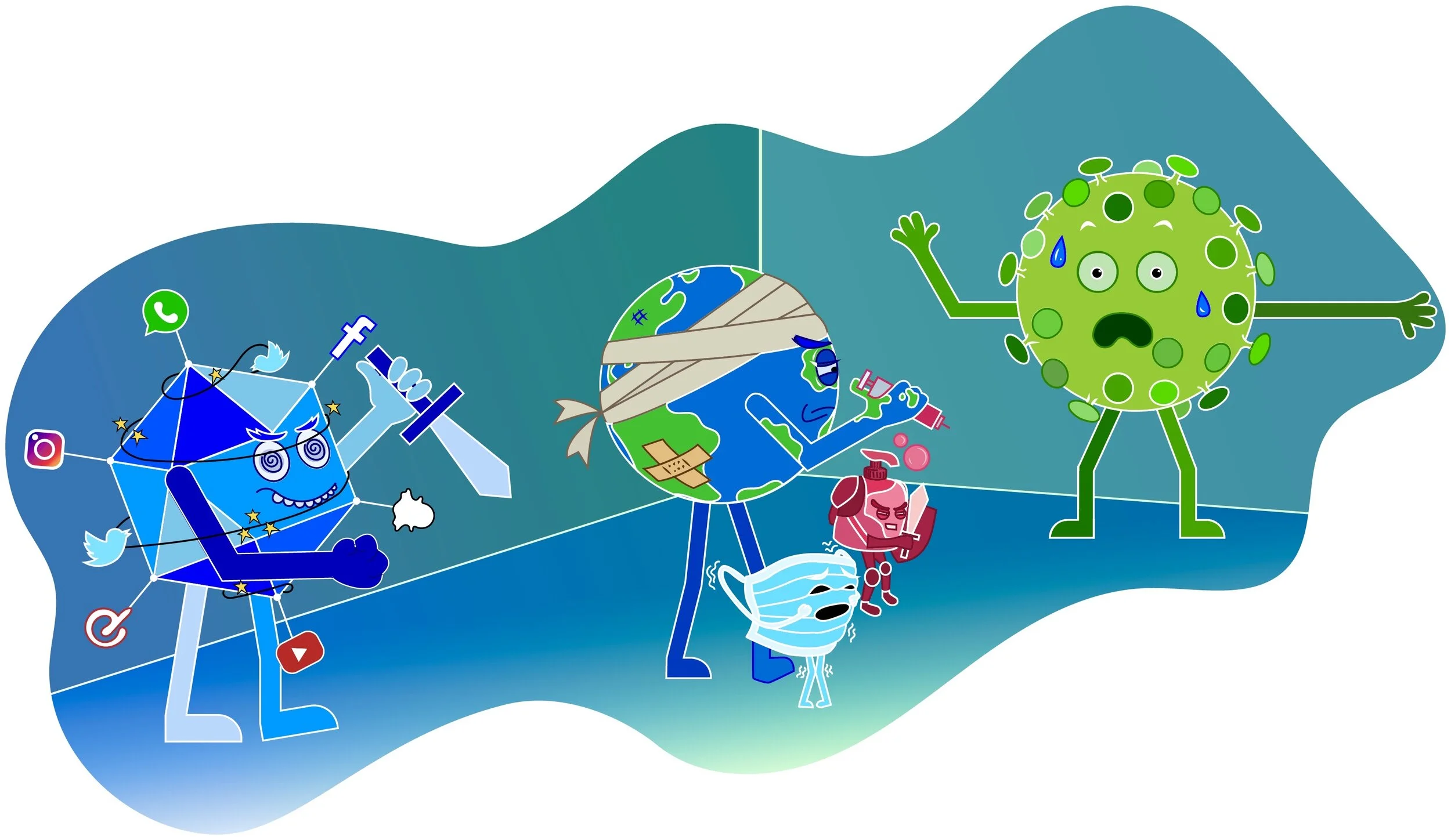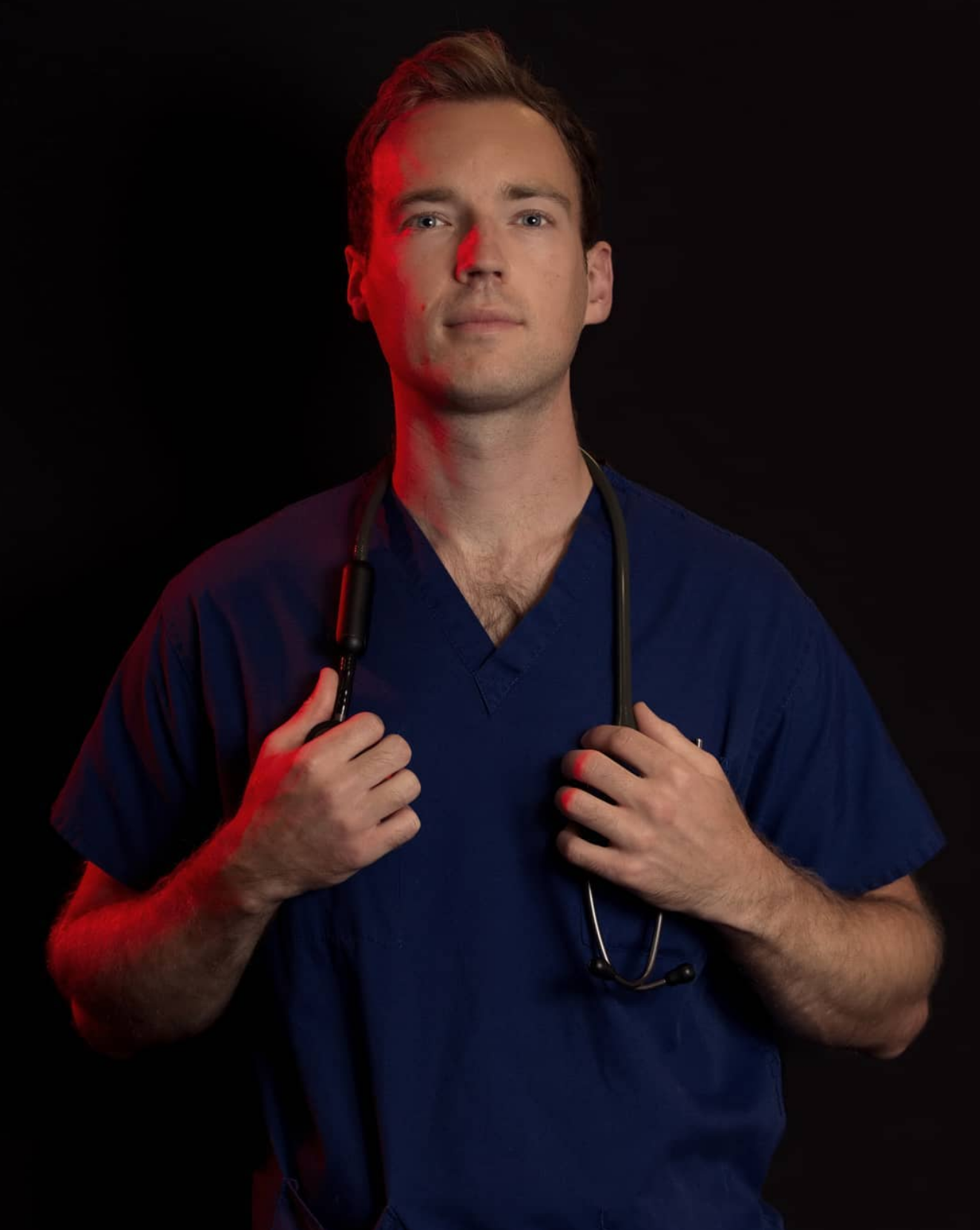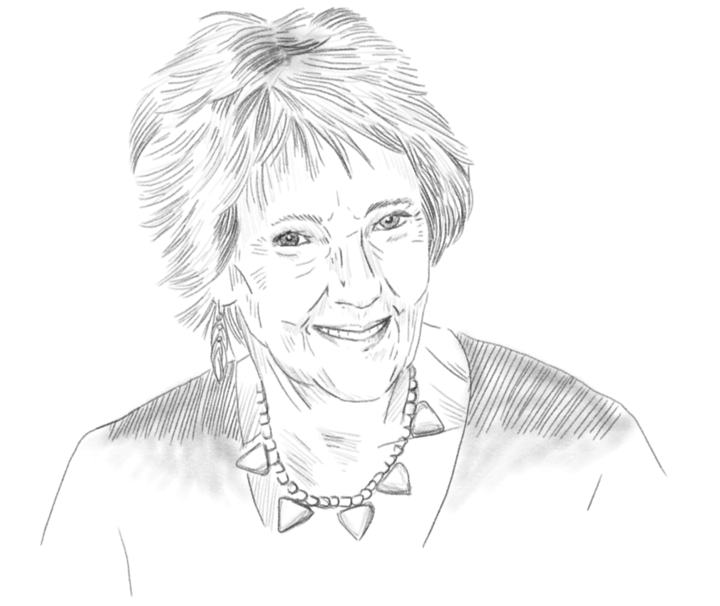All tagged GoingViral
Right-Wing Coronavirus Survivors
The coronavirus response from the ‘could do better’ countries is oddly familiar to me. It is reminiscent of an essay deadline: pretending it is okay does not make it go away. The pressure simply escalates until you have to justify your inaction over the past few months and desperately try to salvage the situation. Despite England entering its second national lockdown, joining several European countries, some are not keen to enter lockdown.
The Great Escape
In March of this year, I had to embark on this “daring task” too but not for any of the reasons mentioned above but rather in order to escape from months of being stuck in a foreign city with minimal to no support, in case a full lockdown was announced (which it later was!). I was definitely not the only one, several international students were in the exact same position, some being repatriated on government planes back to their homeland while others rushed to find tickets before borders closed.
Who Watches the Watchmen?
As Barts approaches its 900th Anniversary in 2023 there’s a great deal happening in the oldest part of the hospital to help make its history more relevant than ever to the needs of the 21st century.
The COVID-19 Infodemic
A pandemic. Mass technology. A recipe for disaster. 5G radiation caused the Covid-19 pandemic. Hydroxychloroquine is the cure for Covid-19. The virus was genetically engineered in a lab in China. Drinking cow urine can cure Covid-19. Bill Gates wants to use a vaccination program to implant digital microchips that will track and control people. Taking six deep breaths and then coughing while covering one’s mouth will cure Covid-19. Consuming garlic, onions and turmeric prevents the virus. Covid-19 doesn’t actually exist.
QM cuts Global Health course in the Middle of a Pandemic
The Barts and The London Global Health course is only 1 of only 3 BSc’s of its kind in this country and one that prides itself on widening participation and increasing access, especially for marginalised groups.
A Pandemic within a Pandemic
Lockdown was a controversial measure, then and now, hotly debated with some countries like Sweden outright rejecting the idea. However, it worked to a degree for us; cases of COVID went down and the death toll slowly but surely receded, before measures were reversed. However there is a disease which thrived during our brief stint with lockdown: violence.
We Need to Talk about Periods
It’s not a surprise to anyone that Women’s Health, and associated issues, is an oft neglected part of medicine. One area of women’s health that is very present in public discourse now is periods. However, within healthcare education, this conversation is still lacking. So, what conversations should be happening and why aren’t they? I conducted three interviews to look at these questions.
#Medbikini
If this hashtag means anything to you, you'll know that what is about to follow is a very justified rant. For those whom it does not here is a recap; an article was published in the Journal of Vascular Surgery titled "Prevalence of unprofessional social media content among young vascular surgeons". In this study, young vascular surgeons’ social media accounts were screened, using fake social media accounts created by the authors.
A 'Barts and The London Level' Response
It is only fitting then, that the benches in the Square of St Bartholomew's played host to another conversation
Diary of an FiY1
If you stand by the fountain at St Bartholomew’s Hospital and look upon the hospital, you look upon a site that has lived through the black death, Spanish influenza and two World Wars. Now that list includes COVID-19, the inescapable phrase on everyone’s lips as the UK works through the greatest health crisis of our lifetime.
Bereft
The beginning of summer, I am working with the bereavement team at The Royal London Hospital packing boxes with the possessions of deceased patients, I am working with my friends and living by myself in London. The end of summer, I am back at my family home, the leaves turn from green to yellow and we receive a call at 2 am to notify my family of my grandmother’s death.
In Conversation with Professor Charles Knight, CEO of St Bartholomew's Hospital & Nightingale Hospital London
Professor Charles Knight OBE is the CEO of St Bartholomews Hospital, and was seconded to be the CEO of the Nightingale Hospital London at the ExCeL as the first wave of the COVID-19 pandemic reached its crescendo. We spoke to him about his experience during this turbulent time, and about what we, as a health system, could learn from these last few months.














